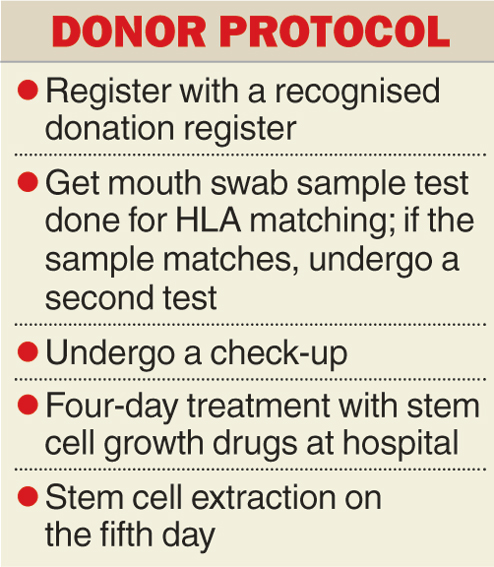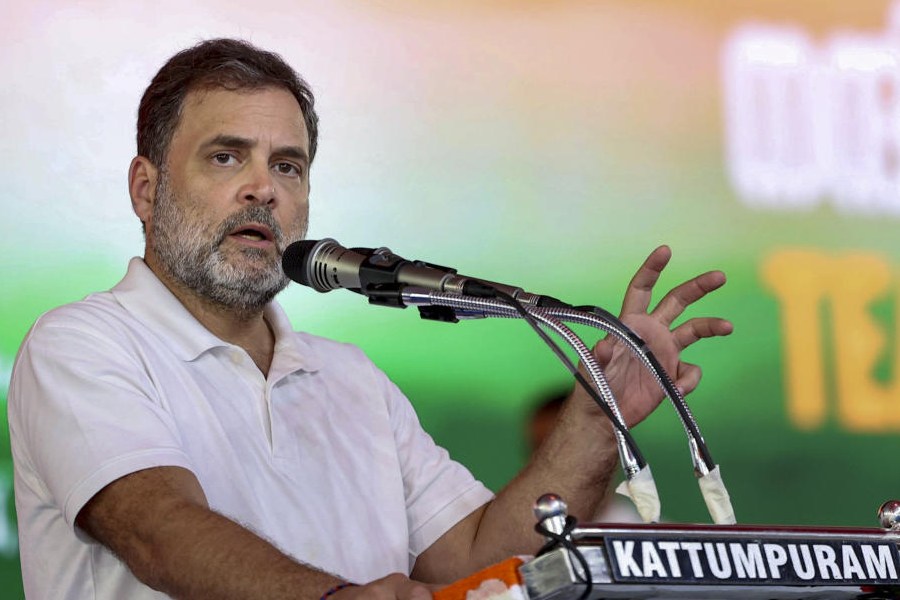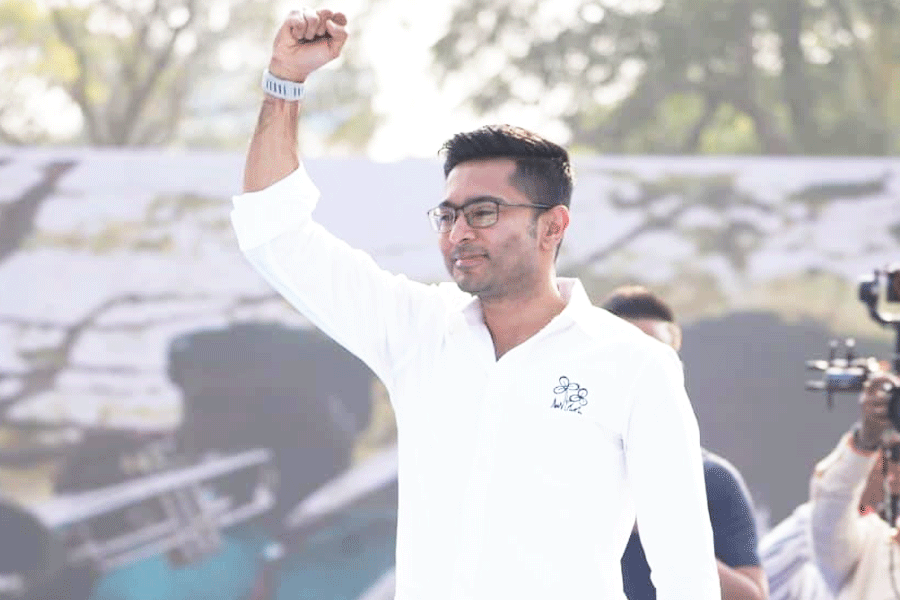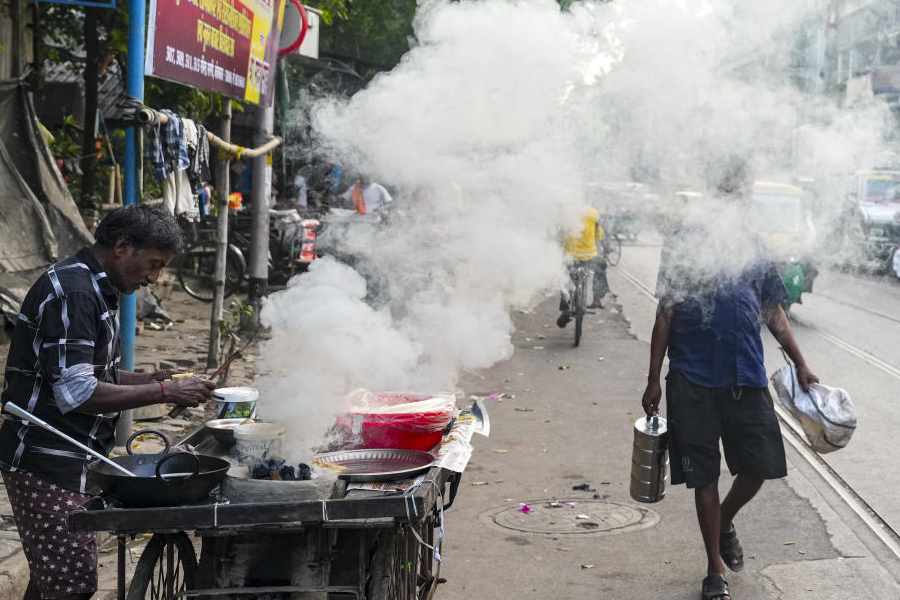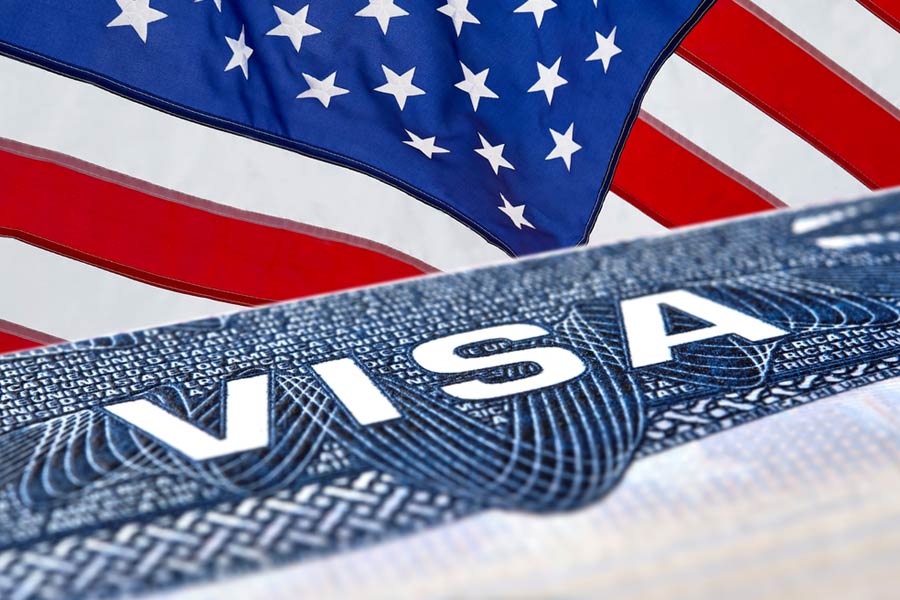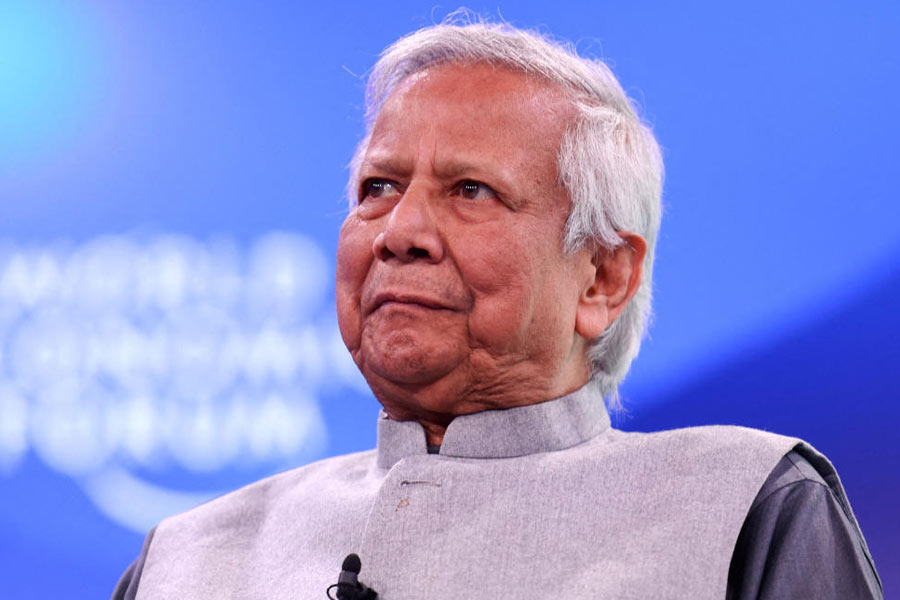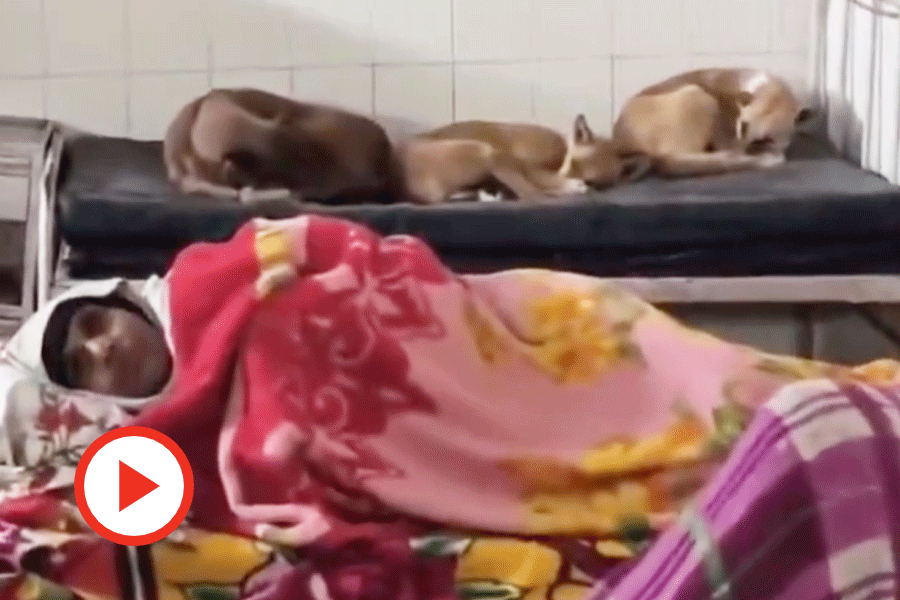
A lack of stem cell donors has all but shut the door on effective treatment of many leukaemia and thalassaemia patients in Bengal.
As of Thursday, Bengal accounted for only 2,369 of the 1.05 lakh people nationwide registered with DATRI, an adult unrelated blood stem cell donor registry.
The voluntary organisation has about 20,000 registered donors in Kerala, 18,000 in Tamil Nadu, 13,000 in Gujarat and around 10,000 in Karnataka.
Doctors and DATRI officials blamed lack of awareness and inadequate counselling for so few people donating blood stem cells.
According to Mammen Chandy, director of the Tata Medical Center in New Town, only 25 per cent of patients needing a transplant get a human leukocyte antigen (HLA) match with their siblings. The rest need donors who are unrelated. But the chance of getting a matching donor is one in 10,000. "We need to have a large pool of unrelated donors to save these patients," said Chandy.
At the Tata Medical Center, 20 patients on an average go back without treatment because stem cell donors aren't available. Since the hospital was inaugurated, a mere 10 of the 200 transplants were with the help of unrelated donors.
A woman admitted to the New Town hospital with leukaemia had three unrelated donors whose samples matched hers backing out. "In a renal transplant, one loses a kidney. But in a blood stem cell transplant, one loses nothing. In diseases like leukaemia and thalassaemia, stem cell transplant can be curative when no other therapy works," Chandy said.
A potential donor has to be registered with a blood stem cell donation facilitator. After filling in a simple form, a mouth swab is collected for HLA typing. If it matches that of the person needing a transplant, the donor gets a call from the organisation.
After a final round of HLA typing, the donor undergoes a health check-up and is administered growth-factor drugs to increase the number of stem cells in the bone marrow. On the fifth or sixth day, the person is put on a stem cell separator machine. Process over, the donor goes back home.
Doctors said there are usually no complications after the donation. "But lack of awareness has kept the numbers down in eastern India," said Raghu Rajagopal, CEO of DATRI.
Abhijit Dutt, 58, was the first donor for DATRI in Bengal. "In January 2011, when I got a call from DATRI that my sample had matched that of a patient, I was confused about whether to go ahead. I contacted some doctor friends but they couldn't explain to me how my life would change after donation," Dutt recalled. "I went ahead nevertheless and there was a little discomfort, but I resumed work the day after the donation."
Ballygunge resident Manoj Saraf, 35, donated stem cells despite resistance from his parents. "I am doing fine now," he said.
Puneet Gupta was to donate stem cells to a friend's cousin but his sample didn't match. "My match was with another patient and I went ahead with it," the future CA said.

